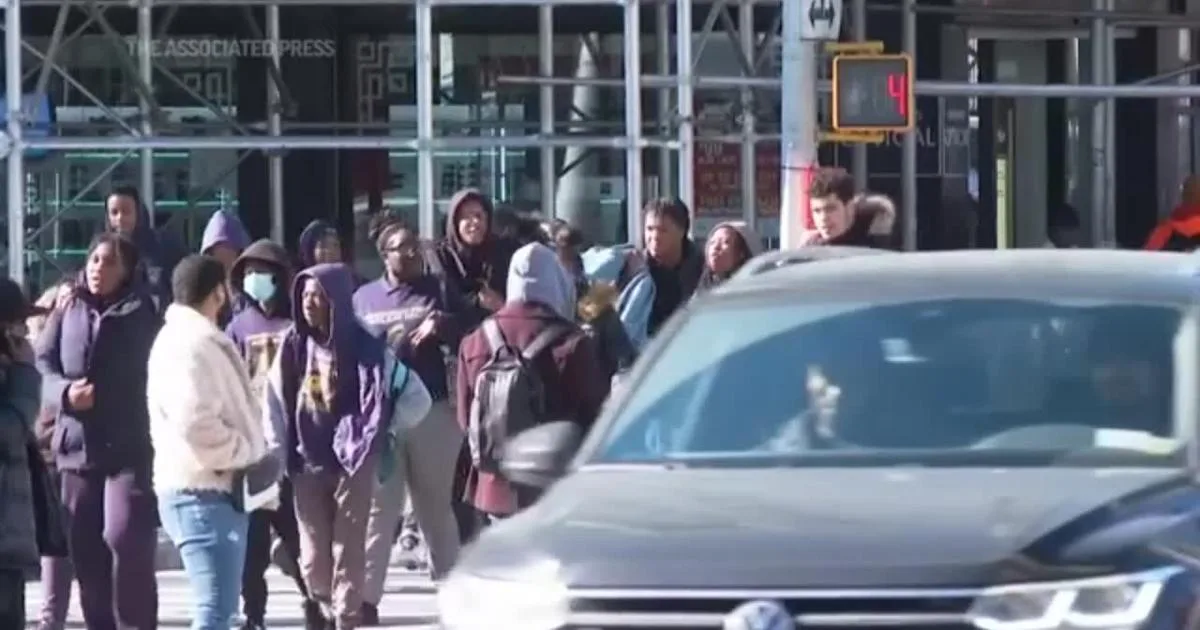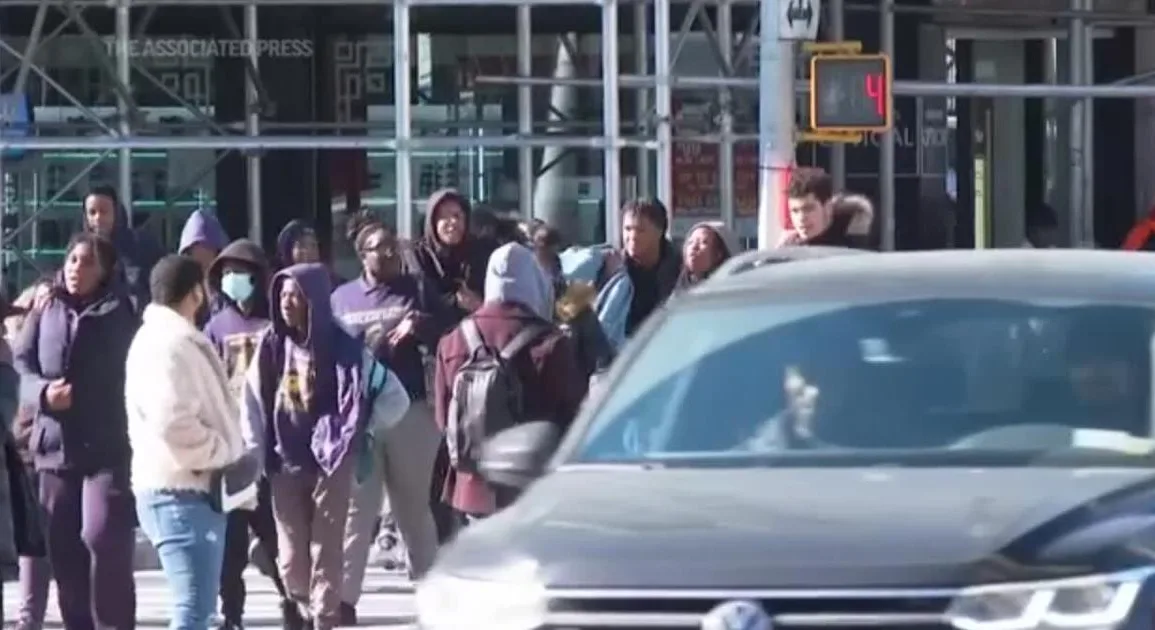
The result of the study is as puzzling as it is troubling.
In a current nationwide study of racial equality by Wallethub, Illinois finished last in the country in terms of Black wealth and employment.
The opportunities are there. WalletHub listed Illinois as 11th in the country for racial diversity. WalletHub also pointed out that about 70% of the immigrant population lives in seven states.
The WalletHub study revealed that Black Americans represent 14% of all U.S. workers yet hold just 7% of managerial jobs and 4-5% of senior managerial positions nationally. Black unemployment is also higher than that experienced by whites.
The causes and possible solutions? Well, that’s not as easy as compiling the numbers that show a negative result in a survey.
As is the case with so many 21st-century big-picture issues, there’s no silver bullet, and the layers of the problem are incredibly deep. One issue plays into the other, and the largest problems are the ones with the deepest roots.
People are also reading…
We can start with systematic racial discrimination. Keep in mind “systematic” does not point the blame at one individual or group. Systematic bias is so subtle and insidious that it goes without people noticing.
Educational disparities require substantial investment in schools and resources, which can be challenging to implement, may take time to yield results and may produce uneven results.
Overcoming employment disparities requires combating discriminatory practices and addressing broader factors including skills training, job creation and entrepreneurship support.
Are you starting to understand the depth of the issue? No single one of these factors is solely at fault. Even in the previous paragraph, at least four significant factors must be improved.
Residential segregation and housing discrimination still exists and wields considerable influence on health and economics. Financial literacy must be made a priority, along with expanding access to banking services and implementing fair lending practices.
Of all the practices influencing Black wealth and employment, the most prominent one in our society presently is addressing criminal justice disparities, including community policing, sentencing reforms and providing rehabilitation and reentry support.
Complaints from those who view these necessary changes as solving problems that don’t exist should be ignored. The more it’s ignored, the more that will have to be reversed later if our goal is a balanced and just society.
See? It’s a lot. It’s everybody’s problem.


